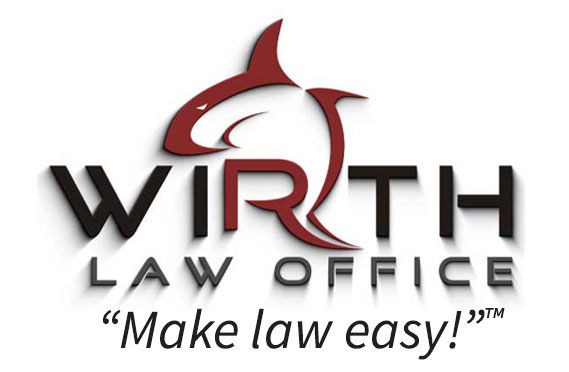The Significance of Preliminary Hearings
This is Wagoner Attorney Stuart Ericson. Today we’re gonna talk about, after your case is filed and it’s a felony case, we’re gonna talk about preliminary hearings. So in Oklahoma, you have a right to a preliminary hearing on a felony case. Basically, it’s a probable cause hearing, basically set up for the state to have to show that they have some evidence, through testimony, that a crime was committed and that the defendant probably did it.
So it’s not beyond a reasonable doubt, it’s not a jury trial, it’s just a preliminary hearing. Now, it can be valuable to the defense if you know your case is destined for trial. And it’s valuable in the sense that you’re gonna get some state witnesses taking the stand under oath, telling their story, that they’ll have a hard time changing or backing out of in the future without having to explain it.
What Happens During a Preliminary Hearing?
A preliminary hearing, the state does have to call witnesses. Sometimes it can be a one witness preliminary hearing. Let’s just say it’s a robbery or a purse snatching, let’s say. They would just call the alleged victim. They could say, yep, in Tulsa County, in Wagner County, in whichever county, I was walking into the Walmart, that person right there sitting at that table came up to me, grabbed the purse off of my shoulder and ran off. So basically, was a crime committed? Well, they testified to that. Did the defendant probably do it? Well, the defendant was pointed at.
Now, the judge at a preliminary hearing doesn’t get to decide who’s telling the truth. They’re just listening, was there some evidence of a crime and the defendant probably did it? If so, I’m not deciding the merits of the case, but there’s enough evidence to push it on for further, ultimately, to a plea bargain or to a jury trial.
When Should You Waive a Preliminary Hearing?
A lot of attorneys just like to waive prelims because they don’t want to do the work. Now, the way I do it is, generally, I will only waive a prelim if there’s a solid plea deal in place. I know we’re going to take a plea deal. We like the plea deal. Why do you want a prelim? You wouldn’t want to, you just take the plea deal. Now, sometimes, in a bigger type case, sometimes the state will make a very good plea offer and they’ll keep it open only if you waive prelim. And again, that’s your call. You have a right to a prelim, but you can also waive it.
So if you want to preserve a good deal and still keep your jury trial right, you may want to waive prelim to preserve a good deal, to keep that on the table. Because if you put on the prelim, the state is under no obligation to keep a good plea bargain. They could go, all right, that plea bargain is gone. I’m not offering that anymore. So there’s a lot of things to consider. It is a right that the defendant has. They can be waived or put on.
Reach Out for Guidance on Preliminary Hearings
The defense isn’t going to put on any testimony because again, the judge doesn’t get to decide, oh, I believe the defense dismissed. No, all you could be doing is putting sworn testimony on the record that could harm your case in the future. So I rarely see that done. It’s usually by inexperienced attorneys that would put on any witnesses. So that’s not something you normally do. So a preliminary hearing is an important step in the criminal process, especially for felonies.
If you have a preliminary hearing type case or you think you want one or you want to know what a waiver is in your case, reach out to me, Oklahoma criminal defense lawyer Stuart Ericson, at wagonerlawyer.com.







